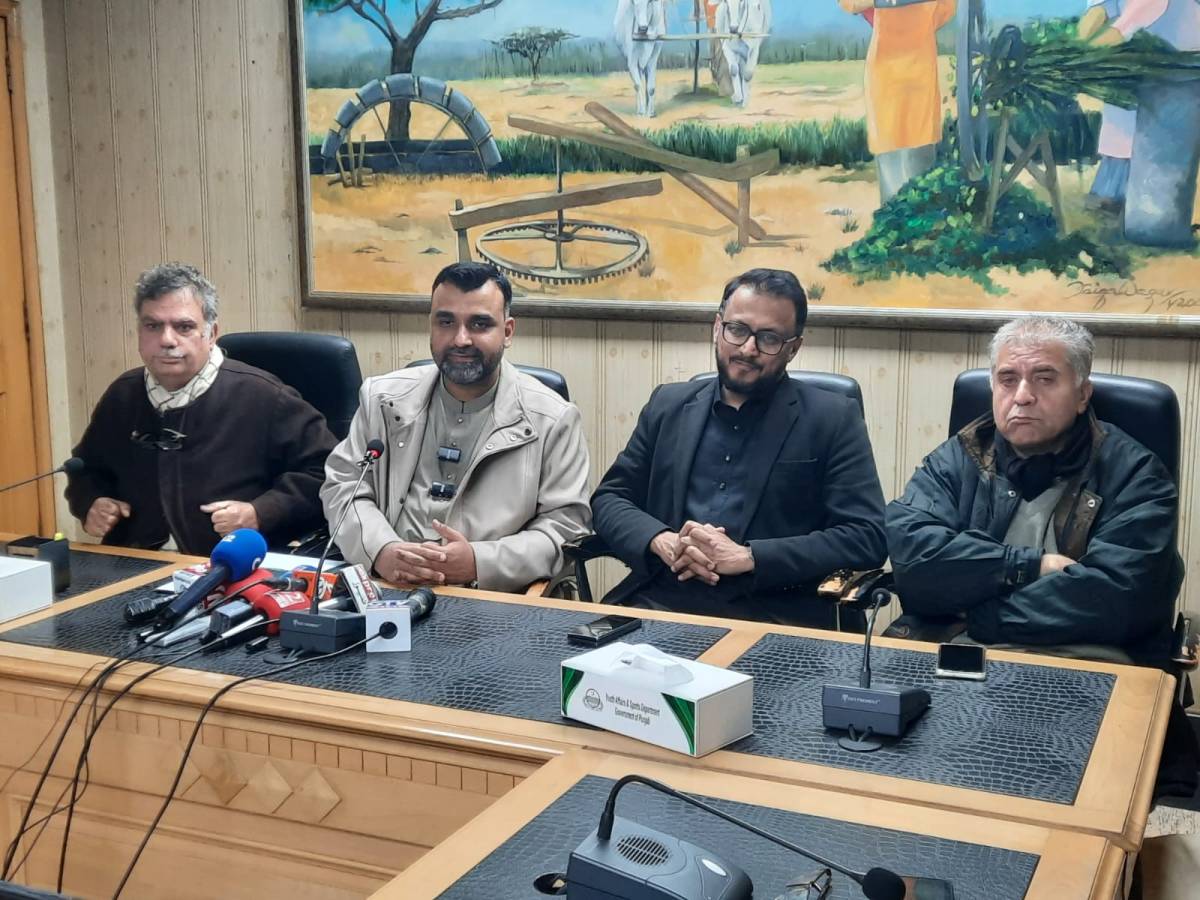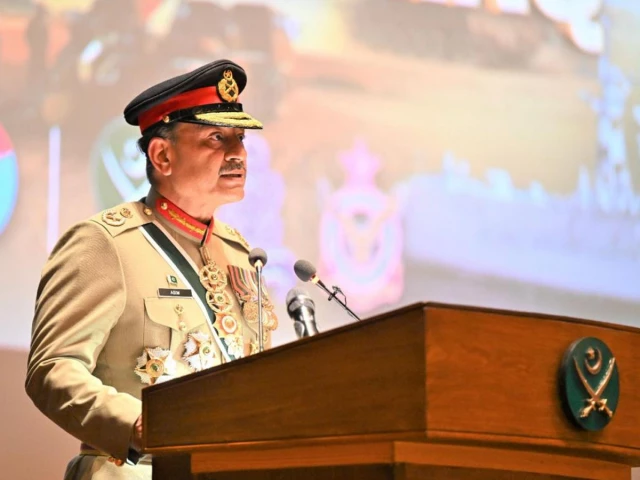A federal judge has approved an order requiring Disney to pay $10 million to settle Federal Trade Commission allegations that the company allowed personal data to be collected from children who viewed kid-directed videos on YouTube without notifying parents or obtaining their consent as required by the Children’s Online Privacy Protection Rule (COPPA Rule).
A complaint, filed in September by the Department of Justice upon notification and referral from the FTC, alleged that Disney Worldwide Services, Inc. and Disney Entertainment Operations LLC (Disney) violated the COPPA Rule by failing to properly label some videos that it uploaded to YouTube as “Made for Kids” (MFK). The complaint alleged that by mislabeling these videos, Disney allowed for the collection, through YouTube, of personal data from children under 13 who viewed child-directed videos and use of that data for targeted advertising to children.
Under the settlement order finalized by a federal judge last week, Disney is required to:
- Pay a $10 million civil penalty for violating the COPPA Rule;
- Comply with the COPPA Rule, including by notifying parents before collecting personal information from children under 13 and obtaining verifiable parental consent for collection and use of that data; and
- Establish and implement a program to review whether videos posted to YouTube should be designated as MFK—unless YouTube implements age assurance technologies that can determine the age, age range, or age category of all YouTube users or no longer allows content creators to label videos as MFK. This forward-looking provision reflects and anticipates the growing use of age assurance technologies to protect kids online.






